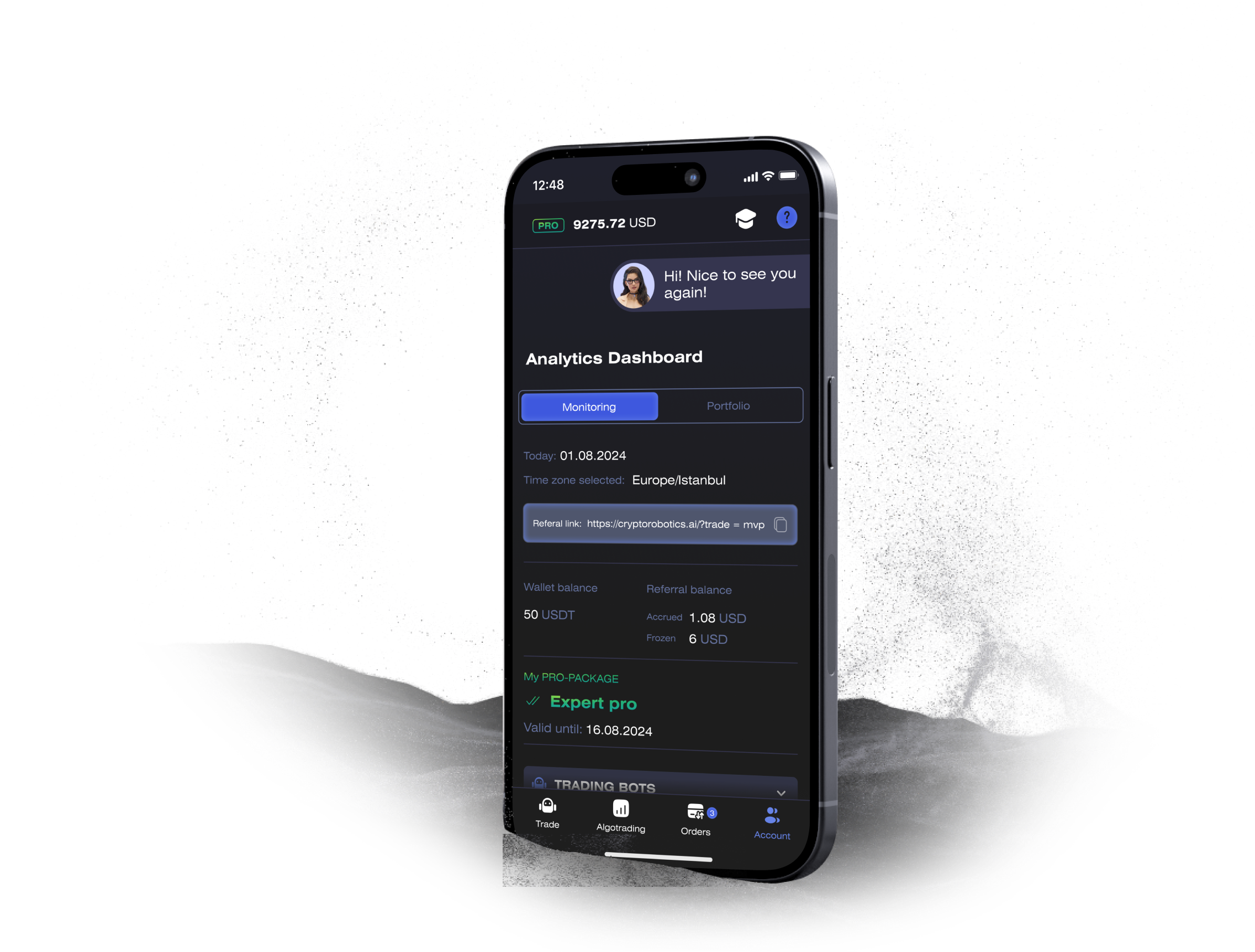Published: December 10, 2024 at 10:20 pm
Updated on December 10, 2024 at 10:20 pm


The U.S. government wants to set up a Bitcoin reserve. Sounds interesting, right? But the reactions to this plan are all over the map. Some folks think it could help with crypto adoption, while others say it’s going to mess with Bitcoin’s decentralized vibe and cost taxpayers a ton of cash. What do you think?
The government is planning to buy up to 1 million BTC over 5 years and stash it in a “strategic reserve.” On the surface, this might seem like a smart move to get Bitcoin into the national reserves. But is it?
First off, Bitcoin is super volatile. Unlike gold or oil, which have more stable prices, Bitcoin’s value can swing wildly. If the U.S. buys a bunch of Bitcoin and the price plummets, could that be a disaster for the government? Some think so.
If they go this route, this could also mix crypto and traditional financial systems. If banks accept Bitcoin as collateral, and the price drops, we could be looking at a financial meltdown that would need a bailout. And we know how that goes…
Some supporters say that Bitcoin could protect against inflation since there are only 21 million of them. But is it really a good hedge? With crypto markets being so unpredictable, who knows?
Bitcoin was created to be free from central control. So, having the government controlling a huge stash of it seems kind of ironic. They’d have a lot of power over something that’s supposed to be decentralized.
If the government takes charge of a big chunk of Bitcoin, it raises questions about governance. Would decisions be made by the government or by the community? We know how that typically goes…
If they do this, demand for Bitcoin could shoot up, making current holders richer. But that could also create more inequality.
From a taxpayer perspective, this could be a mixed bag. If the reserve appreciates, it might help reduce the debt burden. But the upfront cost will probably be funded through existing government funds, which could impact taxpayers right away.
And let’s not forget—government involvement could lead to more regulation. This could be the opposite of what Bitcoin was meant to be. Also, having the government hold a ton of Bitcoin could screw up the market’s supply and demand dynamics.
In short, the proposal to create a Bitcoin reserve is bold, but also risky. It might offer stability, but it also threatens to centralize and complicate things. The future of crypto trading in the U.S. could look very different after this plan is set in motion.
Access the full functionality of CryptoRobotics by downloading the trading app. This app allows you to manage and adjust your best directly from your smartphone or tablet.

News
See more



Blog
See more